For many newcomers, renting in Japan as a foreigner can be more challenging than expected. Even after finding the ideal apartment, some applicants face rejection. By understanding the reasons for rental rejection in Japan, you can prepare better, avoid costly errors, and increase your approval chances.
This article explains the rental requirements in Japan, highlights frequent mistakes when applying for rental in Japan, and offers practical tips to help you pass the rental screening successfully.
How the Rental Application Process Works in Japan
In Japan, renting a property is not just a matter of finding a place and signing a lease, the application process involves several layers of careful screening. After you submit your rental application documents in Japan, your file is reviewed not only by the landlord but also by the property management company and, in most cases, a guarantor company. Each party has its own criteria, and even if the landlord is willing to rent to you, a rejection from the guarantor company can still prevent approval.
The paperwork you need to prepare is quite detailed. Common requirements include:
- Passport and Residence Card to confirm your identity and legal residency status
- Proof of employment such as a contract or job offer letter to show stable work
- Recent payslips or tax certificates to verify your income level
- Emergency contact information in Japan, often required for administrative purposes
- Guarantor details or an agreement with a guarantor company, which is almost always mandatory
These checks are in place to ensure that the tenant can reliably meet financial obligations and maintain a good rental relationship. Because the screening process is strict, having a complete, accurate, and well-prepared application can significantly reduce the risk of rejection and help you avoid common reasons for failing rental screening in Japan.
Key Reasons Your Rental Application May Be Rejected
When looking for a place to live, it’s important to understand the main reasons for rental rejection in Japan so you can prepare in advance. Below are the most common factors that lead to a failed application and why they matter in the screening process.
Wrong or missing application documents
One of the most avoidable mistakes when applying for rental in Japan is submitting forms that are incomplete or contain errors.
This can include missing required documents, using outdated information, making spelling mistakes, or leaving mandatory fields blank. Even small errors can make an applicant appear careless or unreliable, which may raise concerns for landlords and guarantor companies.
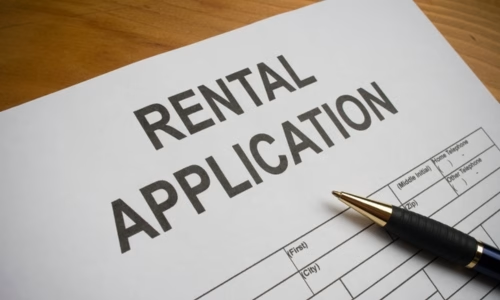
Earnings not meeting eligibility criteria
A key rental requirement in Japan is having a monthly income at least three to four times higher than the rent.
This rule is meant to ensure you can comfortably pay your rent while covering other living expenses. If your employment is unstable, your contract is short-term, or your salary does not meet the expected threshold, the guarantor company may classify you as a high-risk tenant.
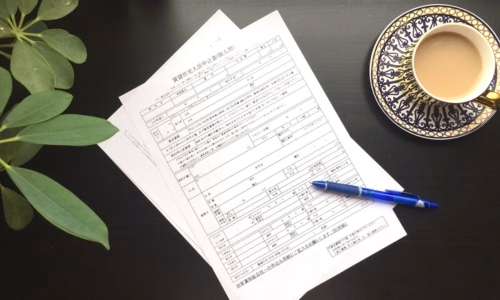
Guarantor Issues
Most rental properties in Japan require either a personal guarantor (often a relative living in Japan) or a signed contract with a guarantor company.
If you do not have a suitable guarantor, or if the guarantor company refuses your application due to concerns about your income or credit record, your chances of approval can drop significantly. This is one of the most common reasons for failing rental screening.

Property Restrictions and Landlord Preferences
Sometimes, rejection happens even if you meet all the rental requirements in Japan. Certain properties have strict rules set by the landlord or building management. These restrictions may include “no pets” policies, a limit on the number of occupants, or rules about specific professions.
In some cases, landlords may be hesitant to rent to foreigners due to language barriers or cultural differences, making it essential to look for foreigner-friendly listings.
Mistakes to Avoid When Applying for a Rental in Japan
Understanding the most common mistakes when applying for rental in Japan can save you time, money, and frustration. Even qualified tenants can face rejection if they overlook small but important details during the application process. Here are the errors you should watch out for, and why avoiding them can dramatically improve your approval rate.
Submitting Documents Without Reviewing for Accuracy
One of the easiest ways to hurt your chances is by turning in incomplete or inaccurate rental application documents in Japan. This might include missing signatures, outdated information, or incorrect contact details. Since landlords and guarantor companies value precision, even a small oversight can create the impression that you are careless or not fully committed.
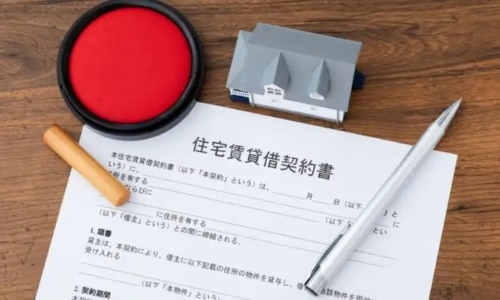
Failing to Provide Proof of Stable Income
Meeting the rental requirements in Japan often means showing that your earnings are steady and sufficient. If you forget to include recent payslips, tax statements, or an employment contract, the property manager may assume you cannot afford the rent. This can lead to rejection even if you actually meet the income criteria.
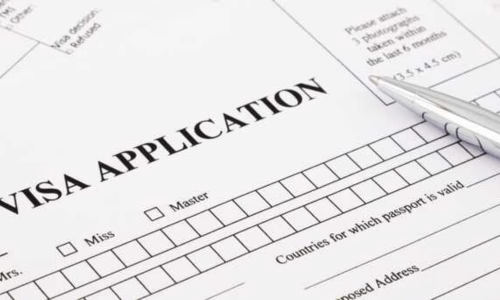
Overlooking guarantor requirements
In Japan, most rental properties require either a personal guarantor or a contract with a guarantor company. Skipping this step, or assuming it’s optional is a major reason applications are denied. Without a guarantor, landlords have no extra security in case of late or missed rent payments.

Applying for Properties Far Above Your Budget
Some tenants aim for apartments that look appealing but are well beyond their realistic price range. Since a common guideline is earning three to four times the monthly rent, applying for high-cost units can almost guarantee rejection. Instead, focus on homes that fit comfortably within your financial means to avoid being filtered out during the rental screening.

Ways to Increase Application Approval
Passing the rental screening in Japan can be challenging, especially for non-Japanese residents. However, with the right approach, you can significantly increase your likelihood of success. Here are practical strategies that work well for renting in Japan as a foreigner.
Prepare Complete and Accurate Rental Application Documents
Before submitting anything, ensure your rental application documents in Japan are complete, error-free, and up to date. Include all necessary paperwork such as proof of identity, employment verification, income statements, and guarantor details. Double-check for missing signatures or outdated information — even minor errors can cause delays or rejection.
Show proof of steady job and adequate earnings
Landlords and guarantor companies prioritize tenants with reliable income sources. Providing recent payslips, a signed employment contract, or tax records shows that you meet the rental requirements in Japan and can comfortably cover rent. If you are self-employed, prepare additional documents like bank statements or business tax filings to prove financial stability.
Work with a Reputable Guarantor Company
If you do not have a qualified personal guarantor, partnering with a trusted guarantor company can greatly improve your chances. These companies act as a financial safety net for landlords, reassuring them that rent will be paid even in unexpected situations. Many foreigner-friendly real estate agencies can help arrange this service.
Maintain a Positive Credit and Rental History
A strong track record of paying bills and rent on time makes you more appealing to landlords. Avoid late payments, settle any outstanding debts, and keep good relationships with previous property managers. This reduces the risk of being flagged for any reasons for failing rental screening.
Target Properties That Match Your Budget and Needs
Applying for apartments far beyond your income level often leads to instant rejection. Instead, focus on listings that fit both your lifestyle and financial capacity. This not only increases your approval rate but also ensures you can maintain your lease comfortably in the long term.
Alternatives After Rental Denial
Even with careful preparation, there is always a chance that your rental application might not be approved. Rejection can be discouraging, but it doesn’t mean your search is over. There are still several practical alternatives when renting in Japan as a foreigner that can help you secure a place to live.
Consider Housing Options Suitable for Foreigners
Certain landlords and property managers actively welcome non-Japanese tenants. These apartments often have simplified application procedures, English-speaking staff, and more flexible requirements compared to traditional rentals in Japan.
Consider Share Houses or Furnished Monthly Rentals
If you need housing quickly or temporarily, share houses and furnished monthly rentals are excellent choices. They typically have lower upfront costs, no long-term lease commitment, and fewer rental requirements in Japan, making them easier to secure.
Work with an Agent Experienced in Helping Foreign Tenants
A real estate agent who specializes in working with foreigners can recommend properties where your application is more likely to be accepted. They can also guide you through preparing accurate rental application documents in Japan and help you avoid common mistakes.
Final Advice Before Applying
To avoid common reasons for rental rejection in Japan, ensure your documents are accurate, meet financial and guarantor requirements, choose properties within budget, and communicate clearly with your agent. Understanding the rental requirements in Japan will make the process smoother and improve your chances of approval.




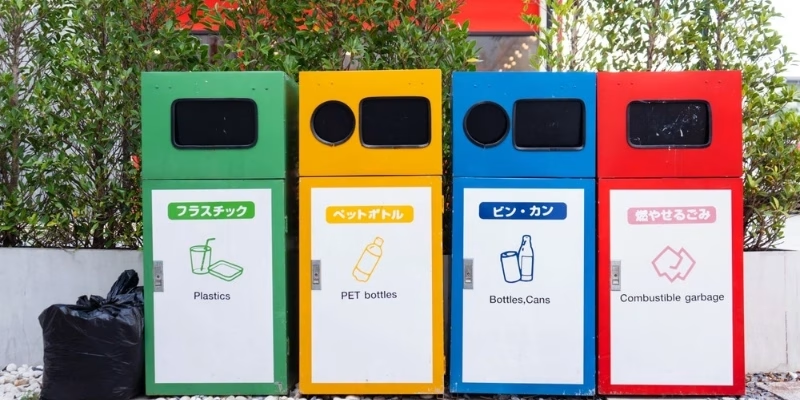

Leave a Reply